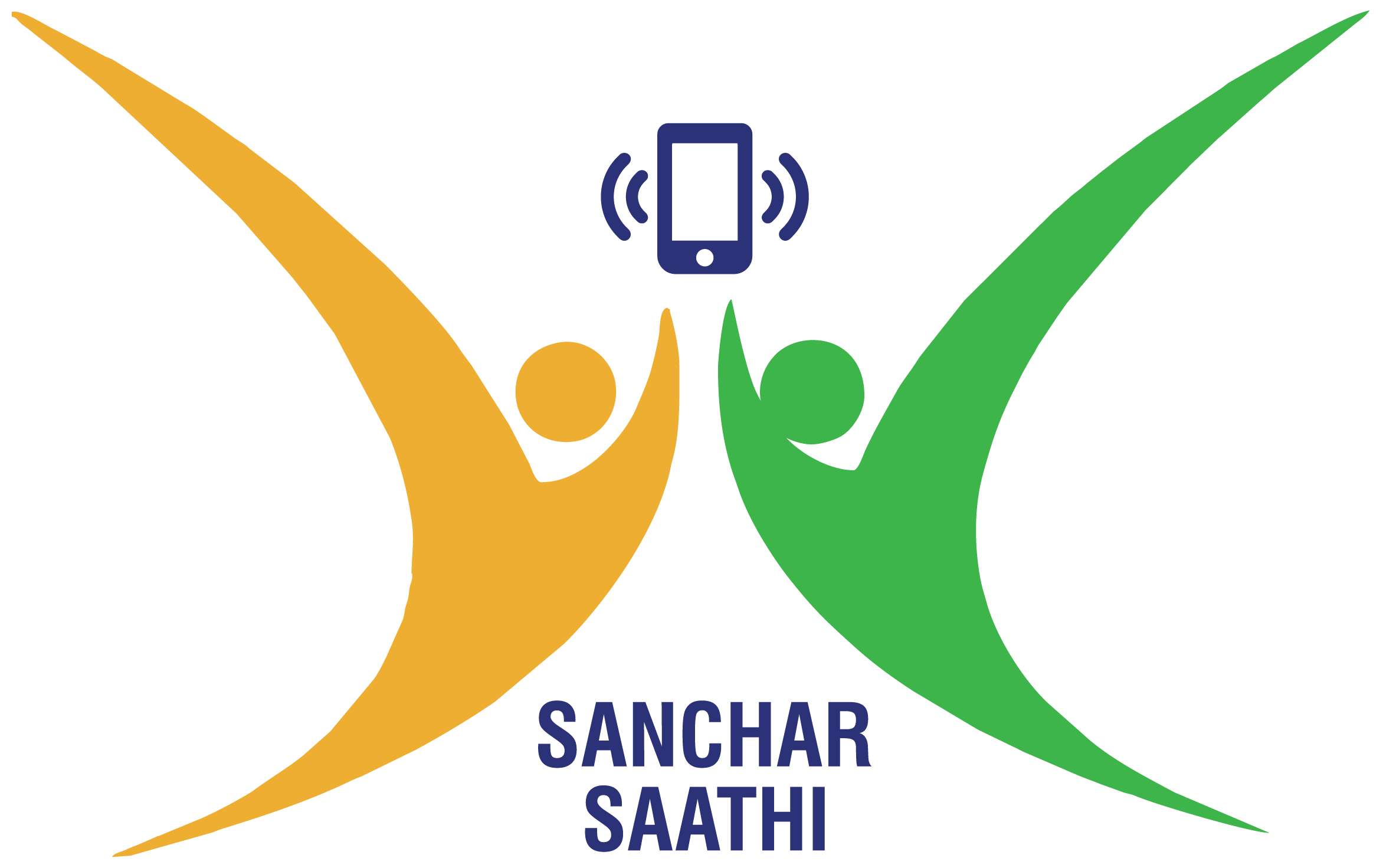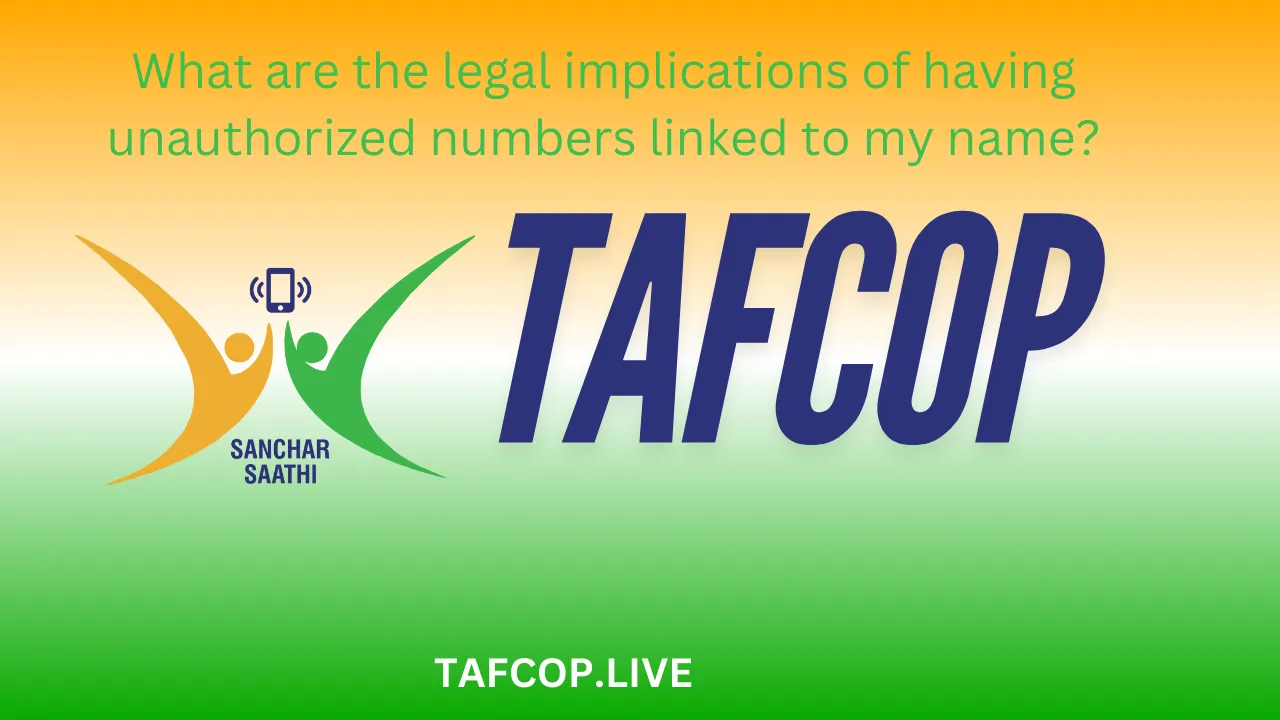Imagine waking up one day to find your name tied to multiple mobile numbers you never authorized. Alarming, right? It’s not just a privacy nightmare but a potential legal minefield. With the increasing digital dependency in India, your mobile number isn’t just a line of communication; it’s a gateway to financial transactions, government benefits, and your very identity. So, what happens when unauthorized numbers get linked to your name?
What are the legal implications of having unauthorized numbers linked to my name?(Quick Answer)
Unauthorized numbers linked to your name can expose you to legal liabilities, identity theft, and financial fraud. Under Indian law, you could face scrutiny for activities conducted through these numbers, even if you weren’t aware of their existence.
What laws in India govern mobile number misuse?
India’s legal framework emphasizes strict control over identity verification for mobile connections. Here’s a breakdown:
- The Telegraph Act, 1885: This foundational law governs telecommunication in India. It mandates that telecom providers verify user identities before issuing SIM cards.
- Aadhaar Regulations: Linking Aadhaar to mobile numbers ensures accountability. Misuse of Aadhaar-linked numbers can lead to criminal prosecution.
- The Information Technology (IT) Act, 2000: If unauthorized numbers linked to your name are used for cybercrimes, you may face investigation under the IT Act.
- Indian Penal Code (IPC): Provisions like Section 416 (cheating by impersonation) or Section 419 (punishment for cheating) can be applied to cases involving fraudulent use of mobile numbers.
Example:
If someone uses a number linked to your name for illegal activities, such as phishing or cyber scams, you might be questioned by authorities. This underscores the importance of staying vigilant and proactive.
How do unauthorized numbers get linked to my name?
It’s unsettling how easily this can happen:
- SIM Swap Fraud: Fraudsters obtain your personal details and pose as you to acquire a new SIM linked to your identity.
- Insufficient KYC Checks: Some telecom providers fail to rigorously verify documents, allowing unauthorized linkages.
- Document Misuse: Lost or stolen identity proofs like Aadhaar or PAN cards can be exploited.
Solution:
Ensure you regularly check numbers linked to your name using tools like TAFCOP (“Telecom Analytics for Fraud Management and Consumer Protection”).
Can I be held liable for activities from unauthorized numbers?
Yes, you could be held liable. While intent plays a role, being unaware doesn’t exempt you from scrutiny. Authorities might investigate:
- Calls or messages sent from the number.
- Financial fraud linked to the number.
- Illegal online activities traced back to the number.
Case Study:
In 2021, a Delhi resident was questioned for a SIM card linked to his Aadhaar that was used in a cybercrime. Despite proving his innocence, he faced months of legal stress.
Key Takeaway: Regularly monitor your linked numbers to avoid such scenarios.
What steps can I take to protect myself?
Here’s a practical roadmap to safeguard yourself:
| Action | Description |
|---|---|
| Check with TAFCOP | Visit the TAFCOP website and verify the numbers linked to your ID. |
| Report Unauthorized Numbers | File a complaint immediately with your telecom operator and local authorities. |
| Strengthen Document Security | Keep your identity proofs secure and never share them unnecessarily. |
| Monitor Regularly | Conduct periodic checks to ensure no unauthorized linkages occur. |
“A vigilant citizen is the best shield against identity fraud.”
Can telecom providers be held accountable?
Absolutely! Telecom providers are responsible for maintaining rigorous Know Your Customer (KYC) standards. If they’re found negligent, you can:
- File a formal complaint with the Department of Telecommunications (DoT).
- Escalate the issue to the Telecom Regulatory Authority of India (TRAI).
Example:
In 2019, a leading telecom provider was penalized for lax KYC verification that led to SIM fraud cases.
What to do if an unauthorized number is linked to my name?
Act immediately to minimize risks:
- Verify the Number: Use TAFCOP or contact your telecom provider.
- Report It: Lodge a complaint with both the telecom company and local police.
- Block the Number: Request the telecom operator to deactivate the unauthorized number.
- Document Everything: Keep copies of complaints, receipts, and responses for future reference.
Real-World Scenario:
A Bengaluru-based professional discovered three unauthorized numbers linked to his Aadhaar. Quick reporting helped him avoid potential fraud and legal hassles.
Conclusion
Unauthorized numbers linked to your name are more than an inconvenience; they’re a ticking time bomb. The legal implications can range from unwarranted scrutiny to severe penalties, depending on the misuse. As a responsible citizen, make it a habit to regularly monitor your linked numbers, report any anomalies, and hold telecom providers accountable.
Stay informed, stay secure, and remember: proactive vigilance is your best defense against identity fraud.

